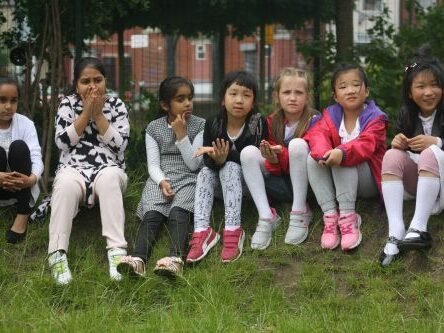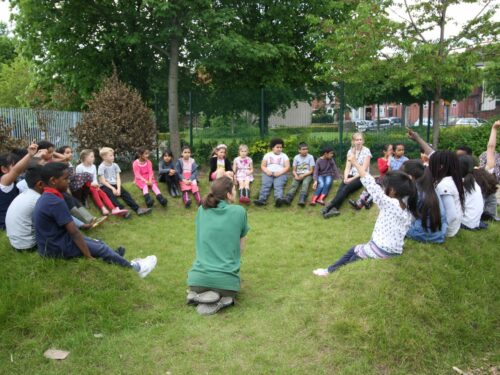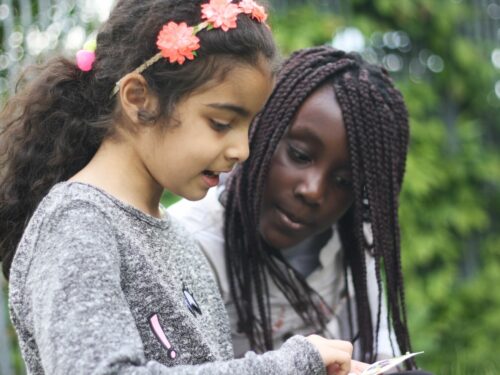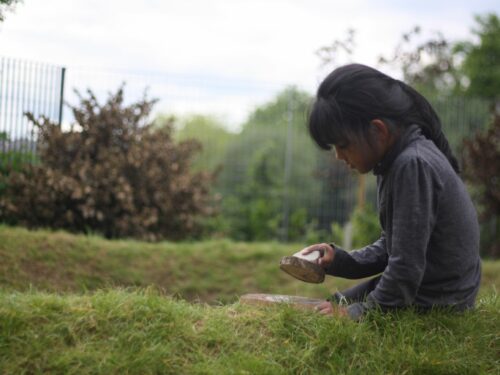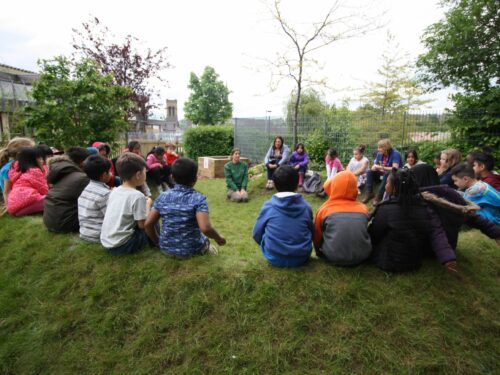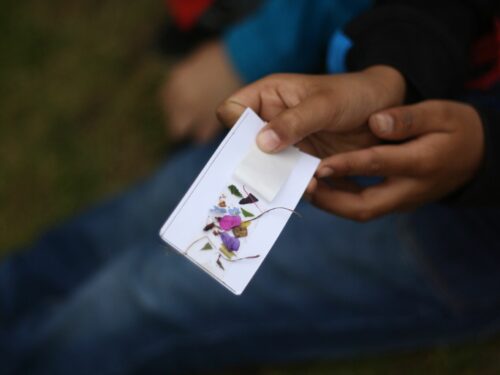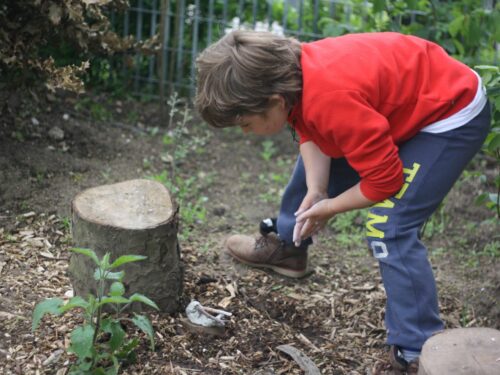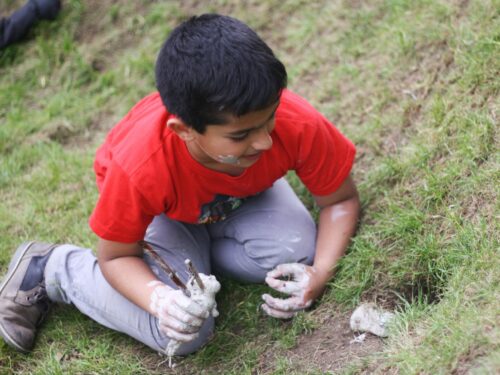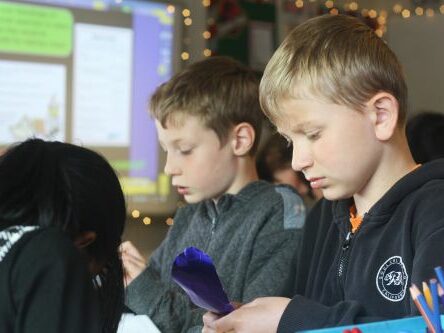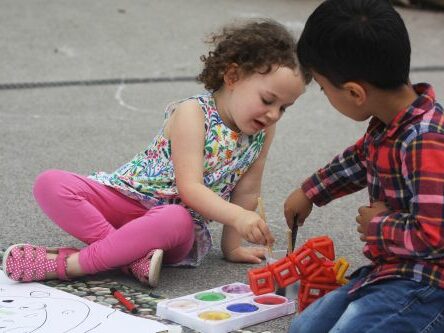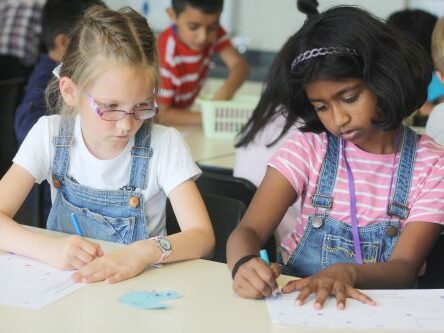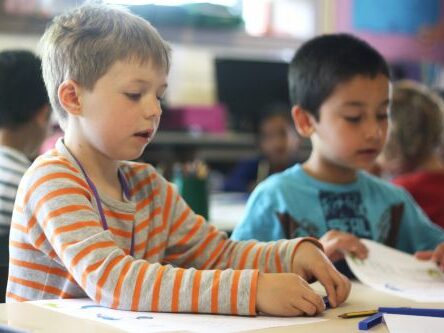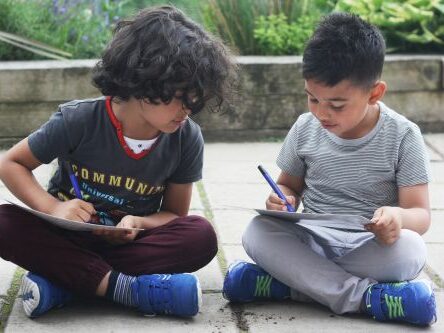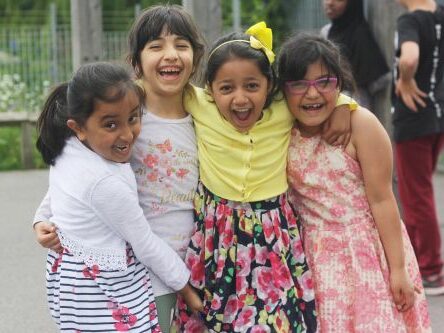Phonics
We use the Essential Letters and Sounds Phonics scheme (ELS) which is validated by the DfE.
ELS teaches children to read using a systematic synthetic phonics approach. It is designed to be used as part of an early learning environment that is rich in talk and story, where children experience the joy of books and language whilst rapidly acquiring the skills to become fluent independent readers and writers.
ELS teaches children to:
• decode by identifying each sound within a word and blending them together to read fluently
• encode by segmenting each sound to write words accurately
Children are given the opportunity to hear and say each
sound, first in isolation, and then within words and sentences
Children receive daily phonics sessions in Early Years and KS1. Those children who require phonics in KS2 also receive Phonics sessions.
Reading
At Sharrow, we want our pupils to develop a long-lasting love for reading. It is our aim to develop enthusiastic and confident readers who can understand a wide range of texts. Reading is an essential and empowering skill which enables children to become better speakers and writers. More importantly it opens up new worlds in which they can immerse themselves and allows them to access limitless resources of information, giving them the best start in life.
We believe in providing quality books for our children to read. We use a range of different texts, so that the children don’t become too familiar with one particular style. This prepares them so that they are able to apply the same reading skills, no matter what genre, in different contexts.
Children at Sharrow are taught to read for interest, information and enjoyment. Throughout their time here, children are provided with many opportunities for reading in the classroom; through class stories, shared reading, one-to-one reading and guided reading lessons. Our pupils are warmly encouraged to read at home, and have access to a range of ‘take home’ books that have been carefully selected to excite and inspire.
Our approach to teaching Reading
The teaching of reading at Sharrow comprises the following elements:
• Guided Reading lessons take place as soon as pupils complete the ELS phonics programme in Year 1, and then continue in Y2. By the time pupils reach Y3, the majority take part in daily Guided Reading, with support for pupils who still require phonics teaching.
• Modelled and shared reading within literacy lessons and the wider curriculum
• Individual reading when appropriate
• Daily story time for each year group
• Regular visits to Highfield Library.
• Provision of quality reading environments within classrooms
Reading at home
Our Foundation Stage and KS1 pupils are provided with take-home books each week. The books are selected to help the children to practise reading previously taught graphemes in phonics lessons. Once pupils complete the phonics programme they are provided with a range of take-home texts which help them to develop fluency and build reading confidence.
In Key Stage 2, children are given the opportunity to take home high-quality texts.
Year 3 and 4 pupils are ‘Reading explorers’ whilst our Year 5 and 6 pupils are given a selection of ‘Cliff-hanger’ books throughout the year.
The books are handed out in threes. so that some children in the class will read the same book. They are given the opportunity during school time to share their opinions and read together in their triplets.
Children are provided with a work book to complete self-directed tasks connected to their books in response to what they have read. They may do a character study or write a review.
Speaking and Listening
We recognise the importance of developing children’s oral skills as the bedrock of any literacy development. Children’s spoken language is assessed in Nursery or when they join the school in another year group. School staff are clear on the need to develop all children’s spoken and receptive vocabulary, strategies for doing this are integral to everyday practise. Some children may need extra support and they follow individual programmes accordingly. Adults will use language frames to help teach good grammatically correct spoken language.
Writing
The Phonics skills which are taught in the Foundation Stage and Y1 lead into the development of writing skills. Children are encouraged to use their phonic skills to spell new words, they also have to learn to spell the key words for each year group. Children are expected to write grammatically correct sentences at an appropriate level and are given the support to do so. Correct spellings, neat and legible handwriting and accurate grammar are important. However, we also place a lot of value on the creative aspect of writing and we encourage children to write with imagination, confidence and flair. The school curriculum is designed to give children the stimuli and opportunities to use their writing skills effectively and imaginatively.




